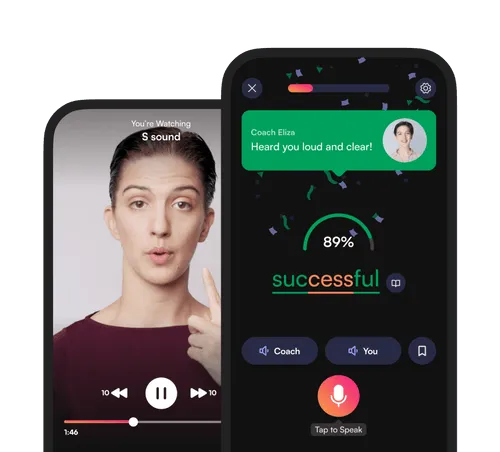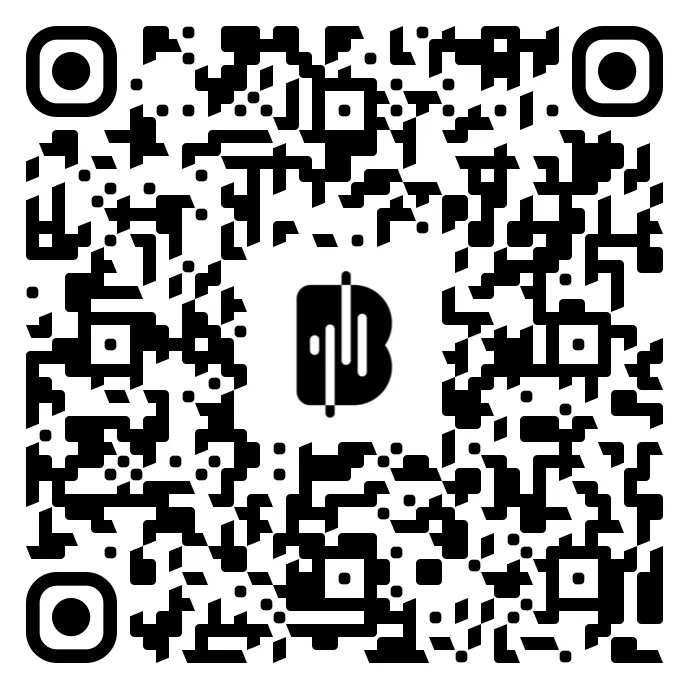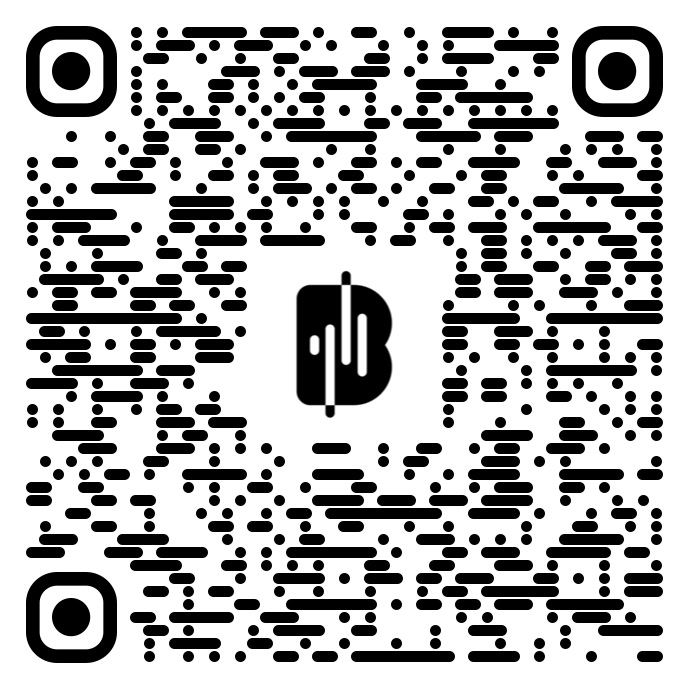With hundreds of applicants vying for every job opening, you really need to make yourself stand out in the application process if you want to land an interview.
Your resume (aka CV, or curriculum vitae) is your chance to do just that.
In the U.S., a resume is often the first point of contact between a job seeker and an employer. Resumes also act as a screening method, cutting down the number of applicants and downsizing the pool to only worthy candidates.
A strong resume in English allows you to give a good first impression and showcase why you are the ideal candidate for the position. If you want to captivate your potential employer and progress to the next stage in the hiring process, the resume writing tips here will guide you.
1. Start with a Strong Summary A summary of who you are and what you offer should usher the hiring team into your resume. This is your chance to sell yourself, so make it punchy and not more than 3-5 lines.
This summary is usually a clear objective statement, explaining your career trajectory over the years; it must also tally with the job role's required skills. A good summary would look like the example below:
“Experienced marketing professional with a proven track record in digital strategy, content creation, and lead generation. Adept at analyzing market trends and developing creative campaigns that drive engagement and growth.”
If your work experience includes a standout project or achievement, like impressive results or awards, that can be incorporated into your summary section as well.
2. Avoid Personal Information Resume best practices vary from culture to culture, so it's important to make sure your curriculum vitae is optimized according to American workplace culture standards.
You should stick to and only include relevant personal details like your name, email, phone number, LinkedIn profile, portfolio, or website.
Personal details like photos, ethnicity, and marital status are not necessary on a resume in the U.S., and including those elements comes off as unprofessional.
3. Follow Reverse Chronological Order Generally, employers want to see how many years of experience you’ve had and what you’ve done in the past. However, they are most interested in your recent experience and how it can be beneficial to their company.
This is why you must list your work experience in reverse chronological order, putting your most recent job at the top. From this point, you can work your way backward. Doing this keeps your latest accomplishments at the forefront, especially if your recruiter has a short time to look into each application in detail.
Remember, you're not obligated to list every single job you've ever had—in fact, you shouldn't. Focus on the ones with relevant skillsets and skip the rest.
Practice U.S. Workplace Vocabulary Boost your professional pronunciation and get 7 days of lessons for free on the BoldVoice app.
Start Free Trial
4. Quantify Your Achievements Numbers make your accomplishments stand out. They tell a clearer story and give potential employers concrete evidence of your contributions and the impact of your work.
Therefore, when writing your resume in English, it’s important to quantify your achievements using clear facts and figures whenever possible.
Instead of writing "improved customer service response time," you could say "reduced customer service response time by 50%." Rather than saying "responsible for training new team members," you could write "responsible for training 25 new hires."
5. Use Consistent Verb Tenses One common language pitfall for non-native applicants is inconsistent verb tense.
When listing past jobs, use past tense verbs like "managed" or "developed." For your current job, you can use present-tense verbs like "manage" or "develop."
Consistency across a resume showcases attention to detail, dedication to quality, and mastery of the English language. It's worth double- or triple-checking to make sure you've gotten it right!
6. Tailor Your Resume One of the most important tips for writing a resume is to never submit something generic. The strongest resumes are those that are tailored for the specific job posting at hand, and recruiters can tell the difference.
Your resume is your opportunity to highlight exactly how your skills and experience make you an outstanding candidate for a particular job. A standard, one-size-fits-all resume is unable to do that in a convincing way.
Be sure to fine-tune your wording and which elements you highlight, according to the job posting and company you're applying to. Incorporate relevant keywords and craft an individualized resume so you can progress to the interview stage and continue impressing them with high-quality interview responses .
7. Use Active Verbs When describing your job experience, start each bullet point with strong and punchy action verbs like "managed," "developed," "launched," "led," or "increased." These words bring energy to your resume and emphasize the impact you’ve had, unlike weaker verbs like "assisted" or "helped."
You could say, “Increased website traffic by 30% through implementing technical SEO strategies.” See how this sentence starts with action and leads straight into an achievement? It’s much better than a simple “Responsible for website traffic.”
To broaden your workplace vocabulary and fine-tune your command of professional English through interactive pronunciation practice exercises, download the BoldVoice app!
8. Keep It Concise Unless you're an expert in your field with decades of experience, it's best to keep your resume to a single page.
The truth is, hiring managers likely aren't reading every word of your resume—they're scanning for highlights (hint: this is why quantifying your achievements is so helpful!). Nobody wants to scan three pages of paragraphs when they have a stack of a hundred more resumes to review.
Plus, condensing your work experience in a meaningful way shows that you're able to summarize effectively and deliver pertinent information in a simple way. Utilize bullet points when describing work experience, and don't be afraid to lean on action verbs and keywords.
9. Customize Your Language for U.S. Employers Certain terms may vary depending on the country where you’re applying. In the U.S. for example, it’s standard to call a CV a“resume."
Similarly, American English differs from British English when it comes to vocabulary and spelling. For U.S.-based employers, you don't "analyse" data—you "analyze" it.
Use U.S.-specific language and terminology to ensure that employers understand your resume and connect better with U.S. recruiters. If you need more help customizing your language to better suit American style, try out the BoldVoice app .
10. Highlight Relevant Skills This one sounds obvious, but it can be more challenging than it seems, especially when your work experience isn't directly related to the position you're applying for.
It’s not enough to mention your core skills or strengths within your experience. You should create a dedicated section for skills that are relevant to the job. Soft skills like attention to detail, communication, and accountability are important but also focus on hard skills like technical proficiency or software expertise.
Transferrable skills are just as valid, and highlighting the right ones also showcases your ability to understand what's important in a given task. For instance, if you're applying for a position in healthcare but your most recent experience is in sales , you can highlight interpersonal communication as a relevant transferrable skill.
11. Format Professionally It might be tempting to try to make your resume stand out with flashy designs and bright colors, but tread carefully.
When you write your resume in English, it must be easy to read and navigate. Sometimes aesthetically pleasing columns and designs make your resume jam-packed, and they can interfere with automated Applicant Tracking Systems (ATS).
You should opt for a simple, clean design—avoid colors, graphics, or complex formatting. Also, stick to basic fonts like Arial or Calibri, and make sure the font size is large enough (11–12 points) for easy reading. To make it more organized, create separate sections for education, skills, and qualifications.
12. Use Jargon Strategically While it’s important to use industry-related terms, don’t go overboard. Keep in mind that the hiring team may not be an expert in your field, and while it's important to showcase your experience and demonstrate industry knowledge, over-using these terms might just make your resume less understandable.
In the same vein, avoid using uncommon abbreviations which might confuse readers, including in your cover letter. Common, universally-known abbreviations aren't a problem, but avoid those trickier, lesser-known term.
13. Proofread Multiple Times Nothing sinks a resume faster than typos or grammatical errors, especially for foreigners. Once there are errors in your resume, your recruiter assumes you have poor communication skills.
That said, proofreading your own resume can be tricky because, in the end, you’ll only do this to the best of your English skills. This is why we recommend that you improve your English skills using tools like BoldVoice .
BoldVoice is an AI-powered English language and communication resource that can help you:
Learn to understand and use only appropriate vocabulary, verbs, and tenses when writing your resume. Get a better command of English grammar, American spellings, and corporate terms that are unique to the American workplace. Improve your overall pronunciation skills so that you can speak more fluently like native speakers do.
The knowledge and communication skills you gain from BoldVoice will also come in handy when you eventually scale through to the interview phase of the recruitment process.
14. Omit References Employers in the U.S. typically do not expect to see references listed on resumes. Instead, if they want to contact your references, they will ask for them after the interview process.
You can use this space to focus on more valuable information like your experience, skills, and achievements.
15. Include Volunteer Experience If you’ve participated in volunteer work or other extracurricular activities, don’t hesitate to include them on your resume. These experiences can highlight valuable soft skills like leadership, teamwork, and adaptability, which are essential in any professional setting.
Even if your volunteer work isn’t directly related to the job, it demonstrates your commitment to contributing beyond your career. For example, organizing charity events can show your ability to manage projects, while mentoring can reflect strong communication skills.
Employers appreciate well-rounded candidates who engage with their communities and bring diverse experiences to the table.
Elevate Your Resume and English Skills with BoldVoice Navigating the job application process can be tough, especially when communication barriers come into play. Crafting a strong, culturally-appropriate resume is key to making a great first impression, and your English skills play a huge role in standing out to employers.
BoldVoice is designed to help non-native English speakers sharpen their communication skills, both in writing and speaking. Whether you’re looking to perfect your pronunciation, refine your grammar, or get a better grasp of workplace vocabulary, BoldVoice provides tailored exercises to help you sound confident and clear .
Ready to take the next step? Sign up for BoldVoice today and enjoy a seven-day free trial with full access to all its features.









